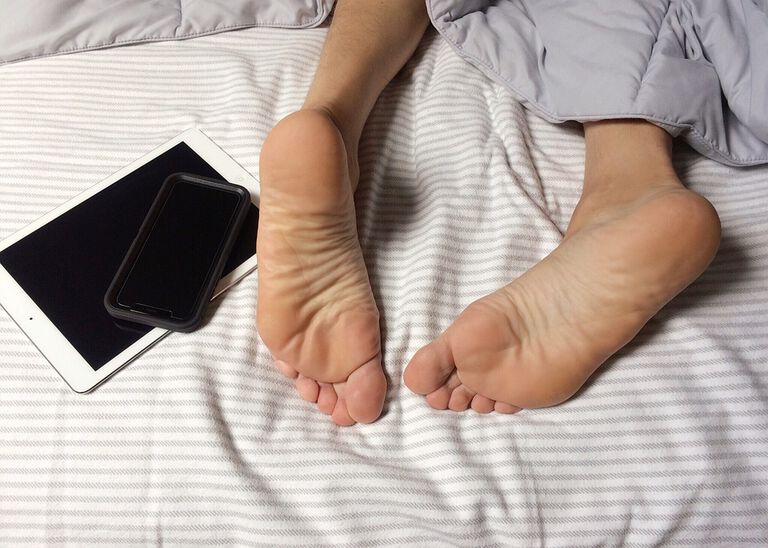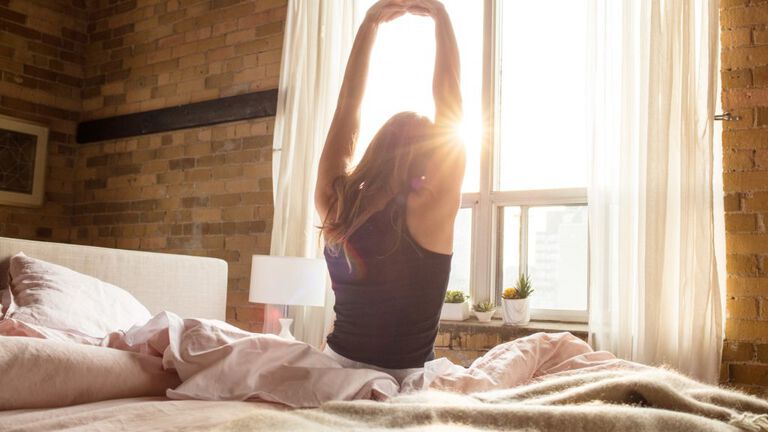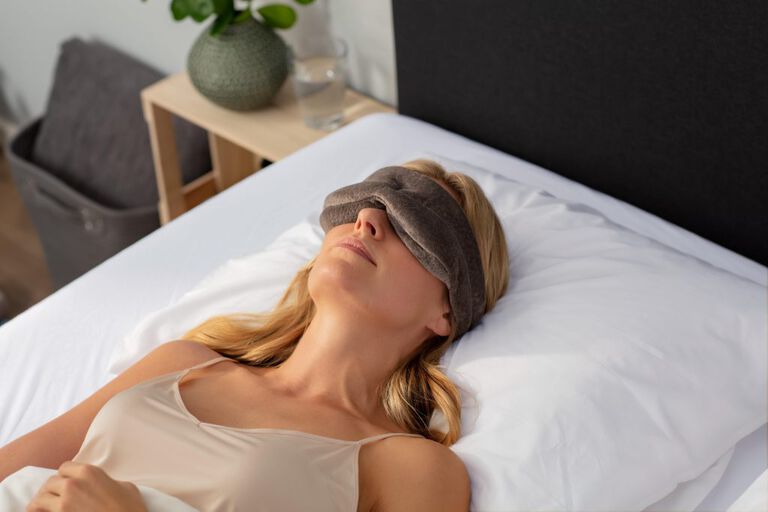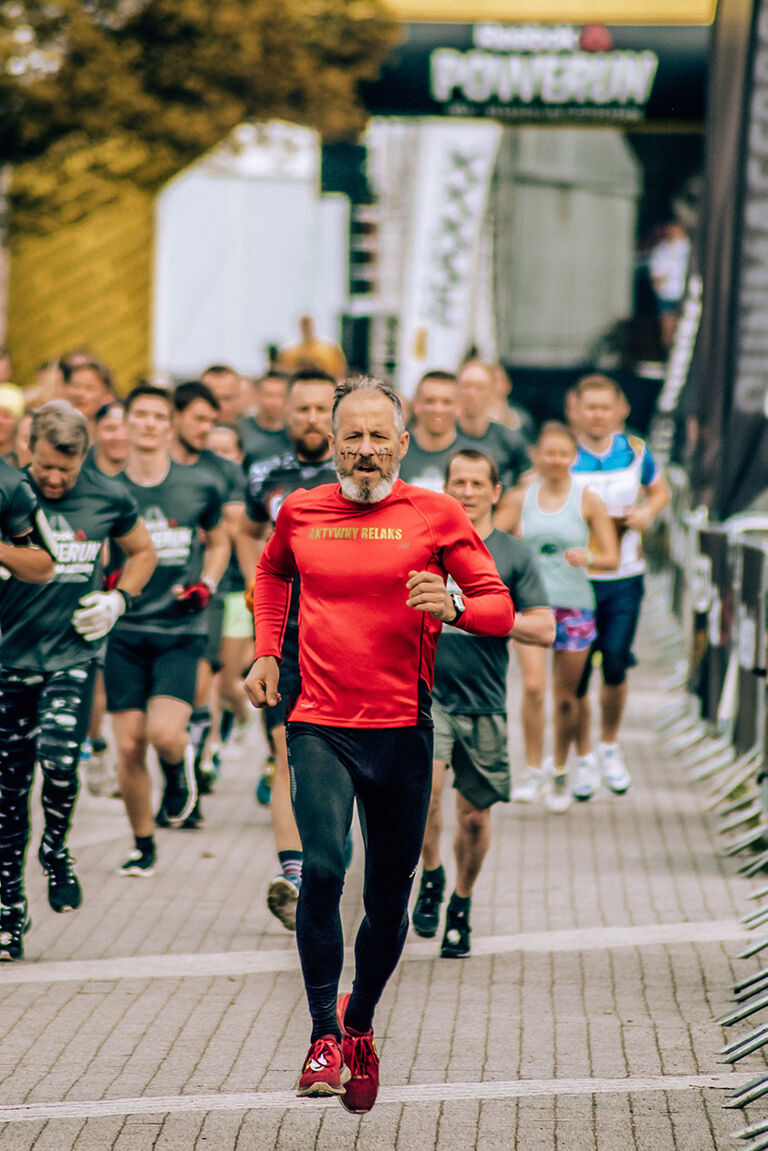ALCOHOL AND SLEEP
By Dr Alice McNamara.
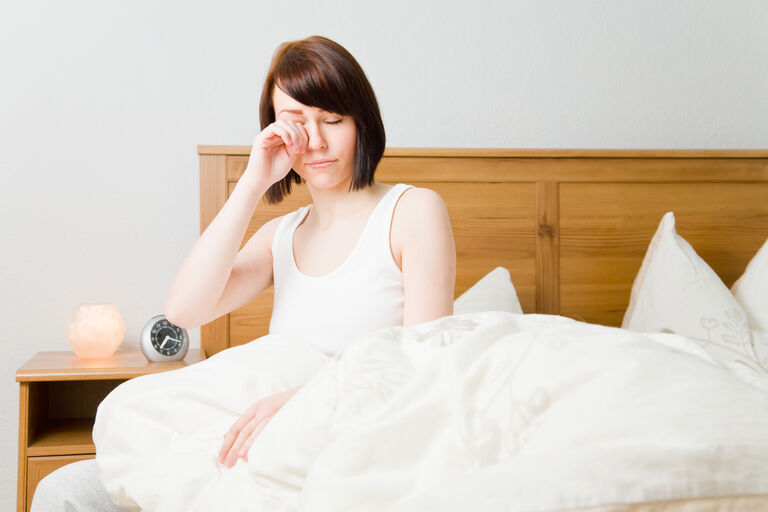
THE IMPACT OF ALCOHOL ON SLEEP
Insomnia and alcohol exist in a love/hate relationship. Alcohol before bed helps us fall asleep faster and sleep more deeply in the first half of the night, BUT, it causes disrupted sleep in the second half of the night. Anecdotally I think we have all experienced this.
Our days are increasingly busy and stressful; work, kids and the life juggle, so a drink to wind down and relax the brain is sometimes the perfect antidote. But the nightly vino(s) are a bandaid solution, that like any borderline habit is a good idea to keep under control.
Malcom Gladwell speaks highly of bandaids; they are brilliant little inventions and have a purpose! Just don’t try and use them on a haemorrhaging limb!
In this blog we’ll summarise some of the research into the links between alcohol, stress/ anxiety, insomnia and poor sleep quality. Here’s what we know so far:
ALCOHOL
- Alcohol is a DEPRESSANT, by which we mean it depresses, or acts as a sedative on brain signalling and neurotransmitter activity. How does it do this? Well, it causes an increase in the the neurotransmitter GABA which is the major inhibitor of our neural system.
- GABA overpowers the excitation in the brain and even blunts our inhibitory signals, relaxing us!
- While our brains are flooded with GABA, we naturally respond by increasing the chemicals and receptors that usually ACTIVATE the brain.
- Then of course, once the alcohol is metabolised we’re left with the excitation signals that make us restless – cue – wake up and be an insomniac or overthinker.
- In addition, alcohol supresses melatonin production (our sleep hormone) which means we sleep less soundly in the second part of the night. One study showed that after two standard drinks of vodka, the melatonin level was reduced by 15% (males) and 19% (females).
DIVING DEEPER IN THE SLEEP LAB
There have been many polysomnography (sleep studies) that look at the effect of alcohol on normal sleep stages. There are a few main findings:
- The effects are dose related; with high doses of alcohol having more disruptive effects.
- High blood alcohol levels in the first part of the night result in early deep sleep, or straight into slow wave sleep (SWS).
- The onset of Rapid Eye Movement (REM) sleep is delayed
- Once again, the second half of the night is usually disrupted with poor quality light sleep and awake periods.
- There is a total reduction in total night REM sleep.
- And then there is a Japanese study that observed that early REM sleep occurs with shochu and sake than beer or water… so … pick your poison? Or, be careful of the research!
THE HABIT OF IT ALL:
An overactive brain at the end of a long day really enjoys the tonic!
In the research, people who experience acute stress and insomnia are more likely to report using alcohol as a means of reducing stress and facilitating sleep. They then report higher scores on measures of problem-drinking behaviours. Disrupted sleep has been known to be a risk factor for developing alcohol dependence.
It’s important to see this potentially vicious cycle. Not sleeping well leads to an exacerbation of stress and then the temptation to increase the dose. Tolerance means we fail to benefit from alcohol’s sedative-hypnotic effects. Here a glass becomes two, becomes half a bottle and so on. In fact in the sleep lab, the sedative effect of a constant dose was lost by night 6.
SOCIAL ALCOHOL IN RATS
There was a funny experiment done in rats, where they created an alcohol dependent cohort by exposing them to 12 days of 1 hour of regular drinking, while the other half remained sober. The rats became accustomed to having the alcohol at a particular time of their circadian rhythm. They then exposed them to social situations and observed how comfortable or irritable the rats were at particular timepoints post alcohol. The sober rats showed no difference in their behaviours, but the alcohol accustomed rats appeared to be searching for alcohol before interaction at the 12 hour timepoint.
They deduced a few outcomes that we should consider when we think about humans.
- An expectation of alcohol availability likely exacerbated the anxiety-like state of rats.
- Dependence can develop quickly. This experiment was 12 days, or less than 2 weeks of daily alcohol.
GETTING CONTROL BACK
Abstinence has long been considered the best strategy for allowing sleep to normalize, and for most people it 100% is. Febfast, Dry July, Octsober (or any month really!) are good on a number of levels, the most important in my opinion being the psychological control you can demonstrate over the habit. Prove it to yourself.
There are also the many health benefits of a break; alcohol is a carcinogen, it adds a significant calorie load to your diet, and of course affects sleep quality and quantity.
But, the problem may be more deep-seeded, and we know sleep disturbances continue to be common in addiction and withdrawal. The research shows that if insomnia was the reason alcohol escalated in your life, there is a high chance it will persist, increasing the risk for relapse.
Two weeks seems to be a time frame at which things are noted to improve. I’d highly recommend speaking to your doctor if you’re taking the plunge to cut down, and re visit those chats at the two week mark if you’re still struggling.
Sleep environment, stress reduction, sleep hygiene, psychotherapy, and pharmacotherapy can all play a role. When we think that GABA receptors are the affected component of the brain, it explains why people with serious alcohol problems benefit from targeted and monitored drug therapy. Benzodiazepines in a supported environment for a controlled time can help reduce alcohol and regulate sleep.
BUT START WITH THE BASICS:
- Talk about it with a partner or supportive friend. Seek help.
- Start with reducing your intake, even creating a geographical distance between you and your nightly supply might help!
- Choose a month and raise some money!
- Substitute for another night time beverage, ie tea or decaf coffee.
- Optimise your sleeping environment.
- See your GP, they specialise in these conversations and may have some good suggestions.
Sleep changes your life, so thinking about how you can give it a real chance is worth it.
Feel it for yourself
Find a TEMPUR store or Stockist and try out our range of mattresses for yourself

SIGN UP FOR THE NEWSLETTERS!
By signing up, you agree to receive TEMPUR Australia’s products, services, news, reviews and promotions by emails. For more information on how we process your personal data, please refer to our Privacy Policy.
